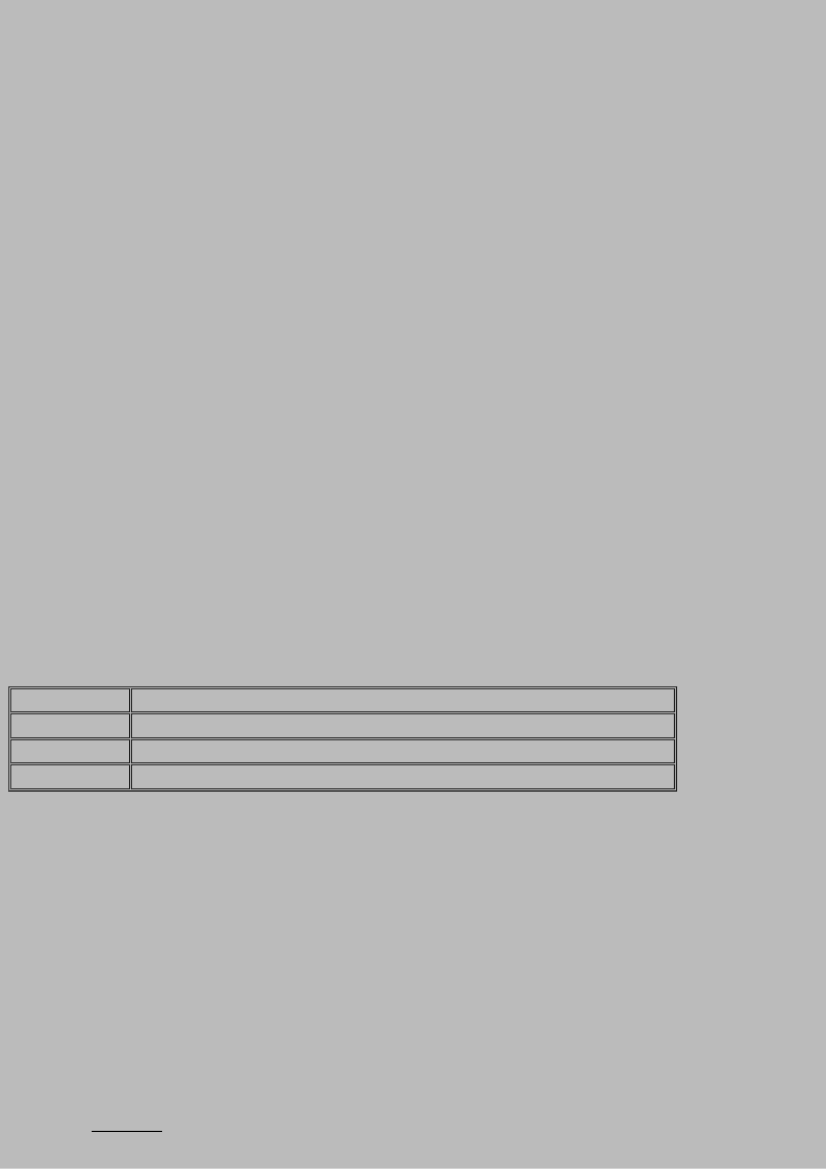
Modtaget via elektronisk post. Der tages forbehold for evt. fejl
Europaudvalget
(Alm. del - bilag 1372)
Det Europæiske Råd
(Offentligt)
Medlemmerne af Folketingets Europaudvalg
og deres stedfortrædere
Bilag
1
Journalnummer
400.C.2-0
Kontor
EU-sekr.
13. juni 2001
Til underretning for Folketingets Europaudvalg vedlægges i forbindelse med Det Europæiske Råd i Göteborg
den 15.-16. juni 2001 formandskabets rapport vedrørende Den nordlige Dimension, 9804/01.
Den danske version af rapporten fremsendes, så snart den måtte foreligge.
REPORT
from :
on :
to :
Subject :
Presidency
11 June 2001
EUROPEAN COUNCIL, Göteborg, 15/16 June 2001
Full report on Northern Dimension Policies
1. In endorsing in June 2000 the Action Plan for the Northern Dimension, the European Council in Feira
welcomed the intention of the future Swedish Presidency to prepare a full report on Northern
Dimension policies in preparation for the Göteborg European Council in June 2001.
2. On 11 June 2001, the Council took note of the attached report prepared by the Presidency in
cooperation with the Commission with a view to submitting it to the European Council.
____________
1. ANNEX